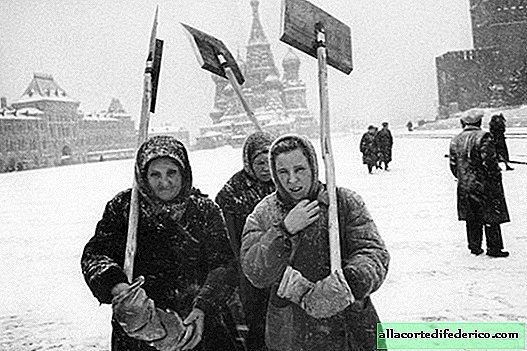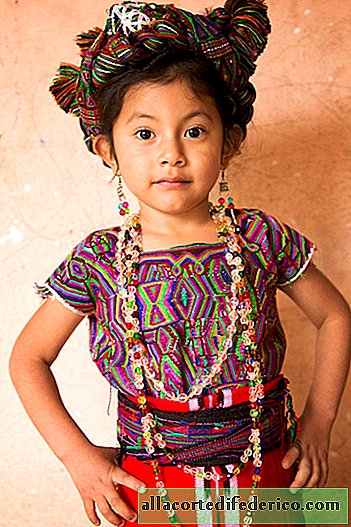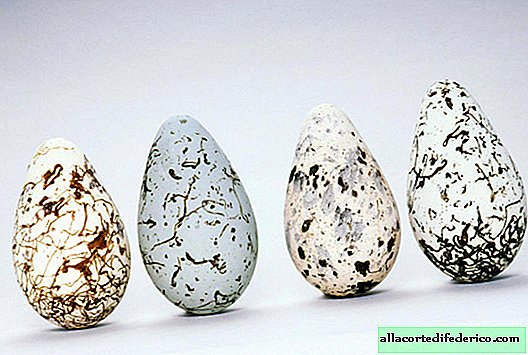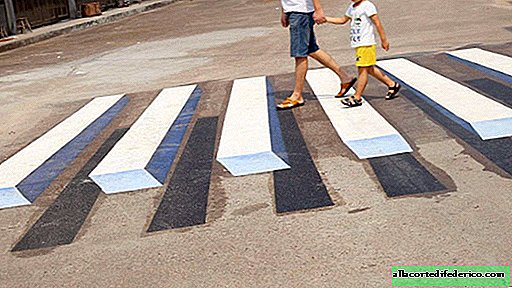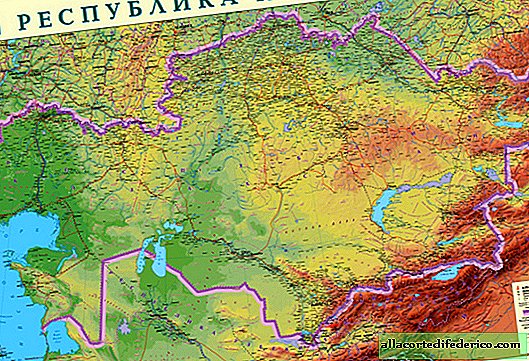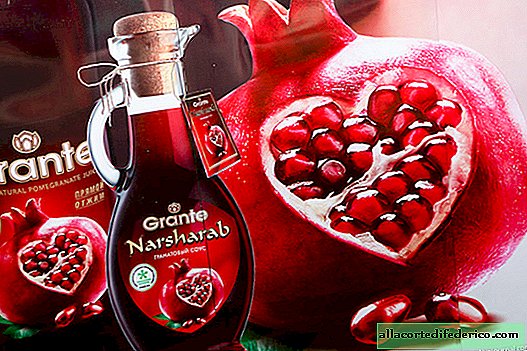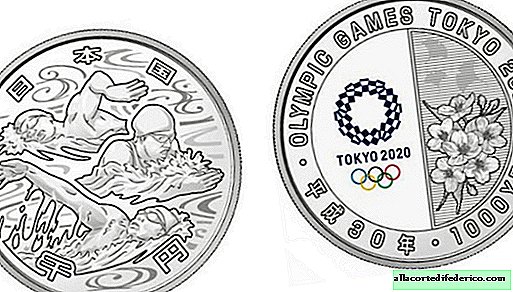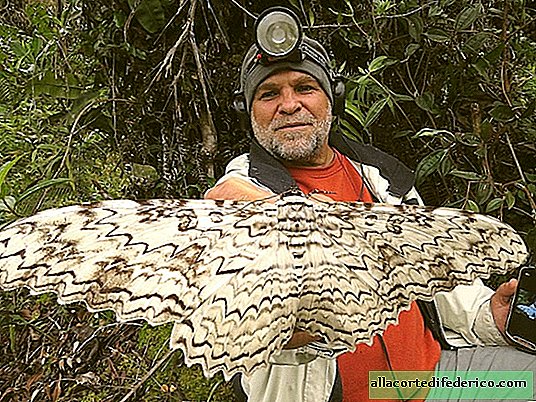Duk Duk: The Secret Society of Obsessed Dancers
Duk Duk is a secret society of the Tolai people in Papua New Guinea. This ancient secret sect has played an important social role over the centuries and continues to operate today, albeit with a completely different focus. Members of Duk Duk played the role of judge, jury, and executioner in society. During the colonial period, efforts were made to eradicate the Duk Duk tradition. Although this secret society still exists today, it no longer fulfills its former function and serves primarily as a tourist attraction.

It is believed that the name "Duk-Duk" comes from the Tolayan word "deck", which means "strong", or "duk", which means "cruel". This secret society was part of the social structure of the Tolai people, the indigenous peoples of the Gazelle Peninsula in New Britain, the islands of Papua New Guinea. It must be said that secret societies such as Duk Duk can be found in many other regions of Melanesia.
 Outfits of members of the Duk-Duk Society
Outfits of members of the Duk-Duk SocietyAlthough it is believed that Duk-Duk is a secret society, but in our understanding it is clearly not such. Duk Duk is a secret society in the sense that its rituals and ceremonies are known only to its members. But here the identities of its members are known to the whole community, even among the uninitiated. Duk-Duk was faced with the task of administering justice in the Tolayan society, and such actions were carried out openly, and not secretly.
One of the most notable features of Duk Duk is the ceremonial costumes worn by its members. They consist of a conical head and a leaf body. But there are two types of such suits. They differ in facial features on a cone. One of them is faceless and is called Duk-Duk, and the other, with large eyes and a thin crescent-shaped mouth, is called tubuan. It is believed that the first attracts the masculine spirit, and the second - the female. Both costumes, however, were worn by men, as women were forbidden to enter Duk Duk.
How to become a member of society

Those who intended to become a member of the Duk-Duk, had to go through a series of "ritual evaluations." There are five of these ratings. How exactly the inclusion of new members took place, however, is still unclear. Apparently, each time new rituals were invented for those who entered.
Justice is the main goal of society
Duk Duk members began to do justice with dancing in costumes. They believed that in this way the spirits of their ancestors would touch them. Meanwhile, tribal leaders argued about the need to punish those who break the law. After the dance, the shamans confirmed that the dancers were truly possessed by spirits, and a secret society traveled around the island to fulfill the proposals made by the leaders. These "sentences" were sentences and were sometimes punishable by the death of the offender. However, since the executioner was theoretically obsessed, he was not responsible for his actions and should not have felt guilty for killing another person.
 Dancers, 1913 (source - Museum Center at 5ive Points)
Dancers, 1913 (source - Museum Center at 5ive Points)In the colonial period, Duk-Duk was considered a threat; measures were taken to eradicate this rather brutal practice. Christian missions were especially successful: they converted the tribe to Christianity, thereby getting rid of "pagan practices" from the culture of Malaysia. Despite this, Duk-Duk survived to the present day, although it no longer matters what it used to be. Today, the Duk Duk dance is performed without any ritual design, more for tourists visiting Papua New Guinea.

